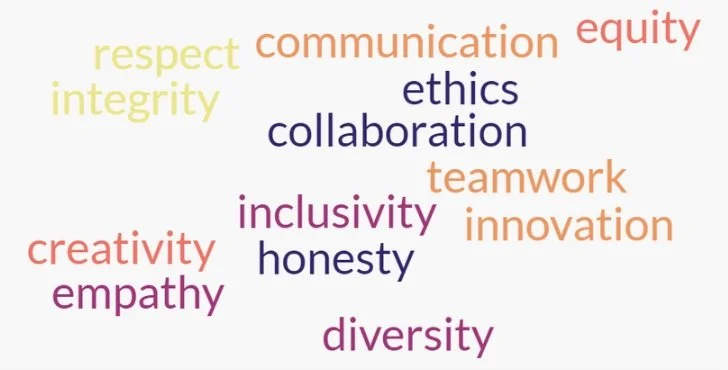Background
Under the leadership of Kent Werner, MD, PhD (an Active Duty Navy Neurologist and Neuroscientist), the SWORD Lab investigates techniques to non-invasively measure and modulate sleep. We recognizing that 1) over two-thirds of the United States military gets less than 6 hours a sleep a night; 2) operational demands may not always allow for a full night of sleep, and 3) that military service puts one at increased risk of sleep disorders.
We are testing approaches to measure sleep and wake physiology:
Glymphatic activity: measured using advanced MRI techniques and wearable near-infrared light sensor headbands to track cerebrospinal fluid and blood flow during wakefulness and sleep.
Autonomic activity: tracked using commercial wearable devices (e.g., smartwatches, rings) to monitor the sympathetic nervous system and “fight or flight” responses.
Circadian activity: monitored using wearable or ingestible devices that assess markers of the body’s internal clock.
Brain electrical activity: recorded using in-lab systems and wearable electroencephalogram (EEG) headbands to assess neural patterns associated with memory consolidation and restorative sleep.
Molecular activity: identified through biospecimen analysis of blood, saliva, urine, and stool (including microbiome data) to detect biomarkers of sleep health.
Cognitive and Mood ability: evaluated using brief digital tasks, including Ecological Momentary Assessment (EMA) on mobile devices or wearables to assess how sleep quality affects performance.
Big Data: applied using Artificial Intelligence (AI) to understand links between health outcomes and subtle signals hidden in sleep data, affording new insights from the common medical sleep study or polysomnogram (PSG).
We are also testing approaches to enhance sleep and its benefits:
Photobiomodulation: applied using whole-body and transcranial red and infrared light to stimulate cellular processes that support healing and recovery.
Smartwatch haptic biofeedback: delivered via gentle vibrations when physiological stress signals (e.g., heart rate spikes) are detected, helping to regulate the autonomic response.
Low-intensity focused ultrasound: used to non-invasively target deep areas of the brain for neuromodulation without affecting nearby brain tissue.
Transcranial electrical stimulation: administered using targeted low-level electrical currents to influence brain activity, supporting functions like sleep regulation.
Ultimately, these efforts culminate in Force readiness and preparedness to defend the nation through increasing physical and cognitive performance and mitigating comorbidities and long-term outcomes of sleep disorders.
Our Values
Contact us
Interested in collaborating with us, learning more about our work, or submitting a media inquiry about the SWORD Lab? Fill out the form below, and a member of our team will be in touch shortly. We look forward to connecting with you!


